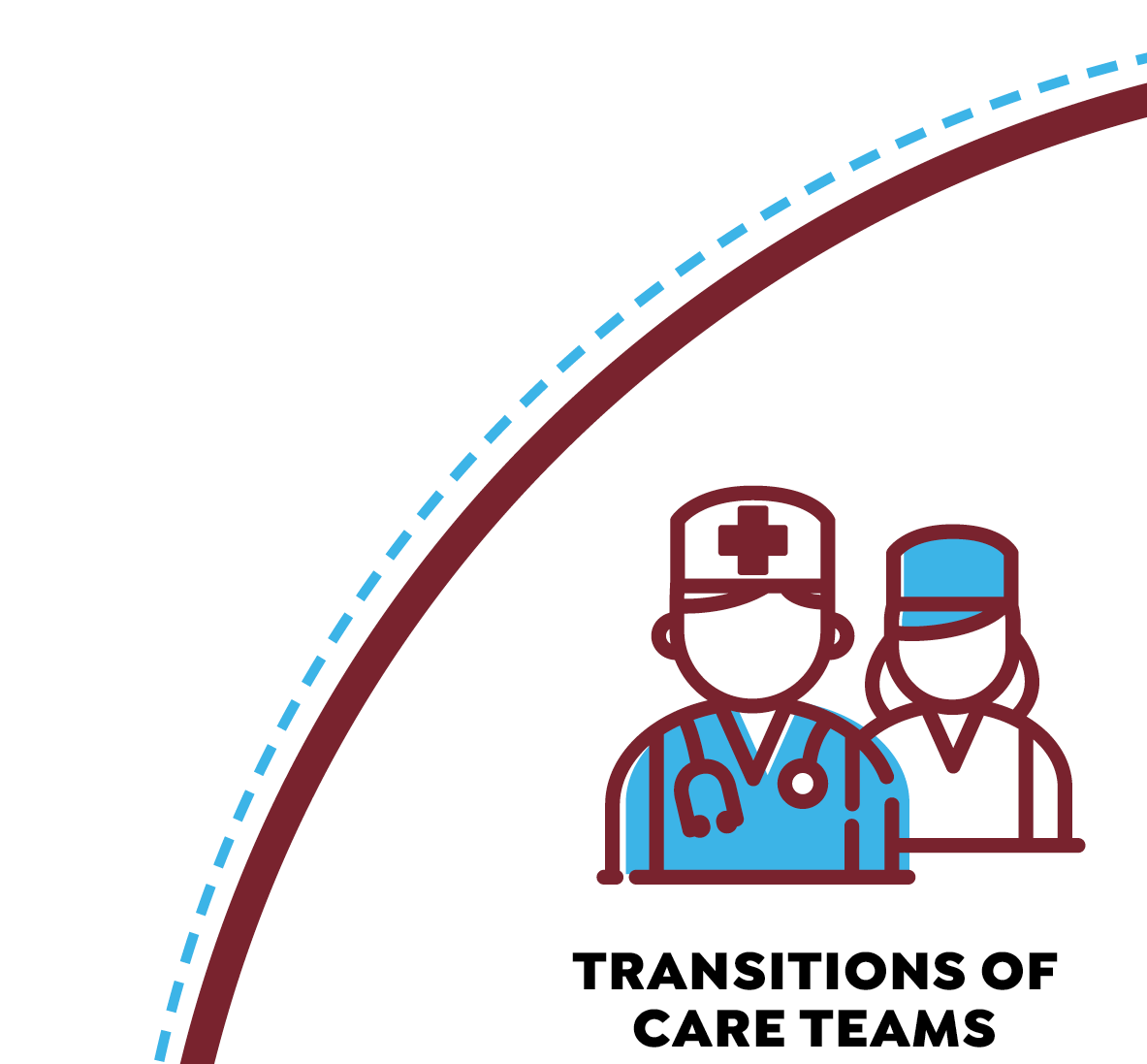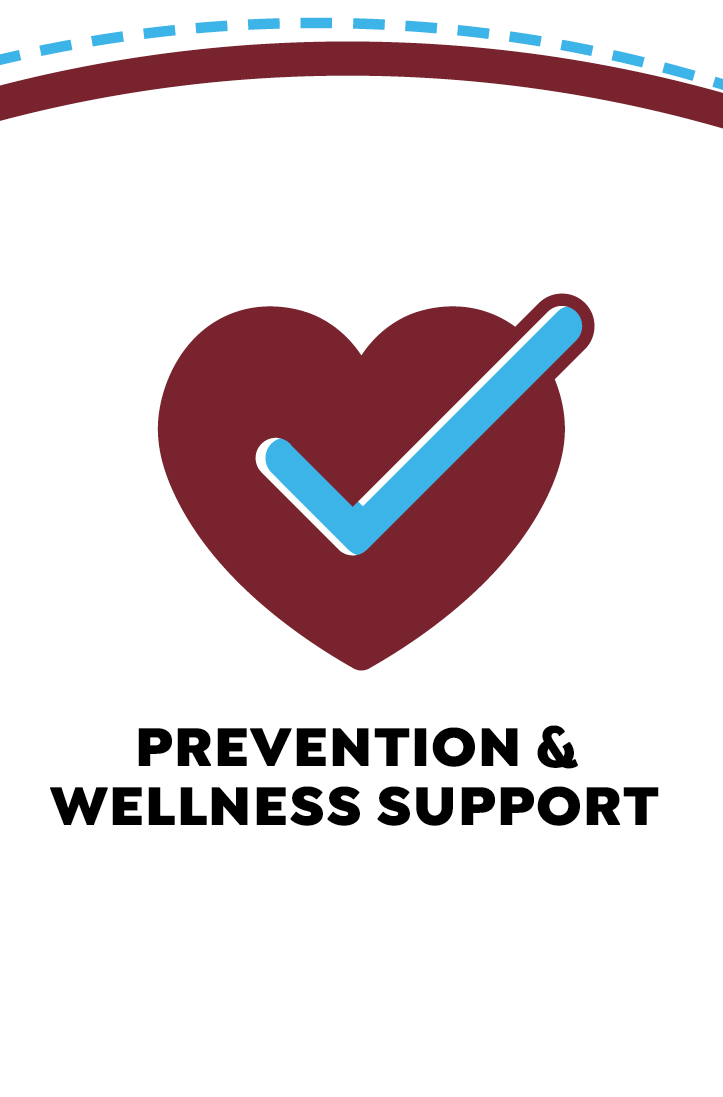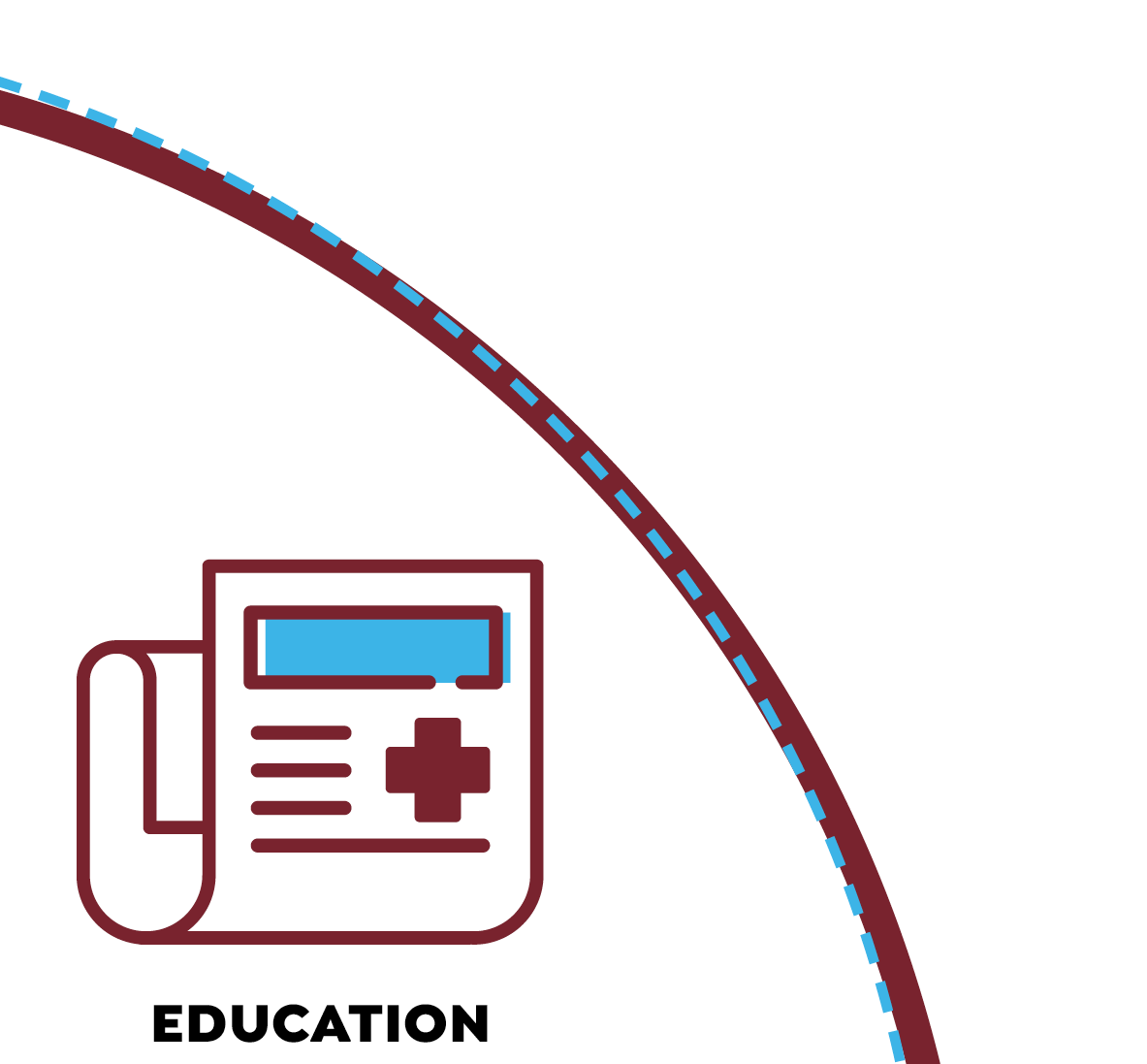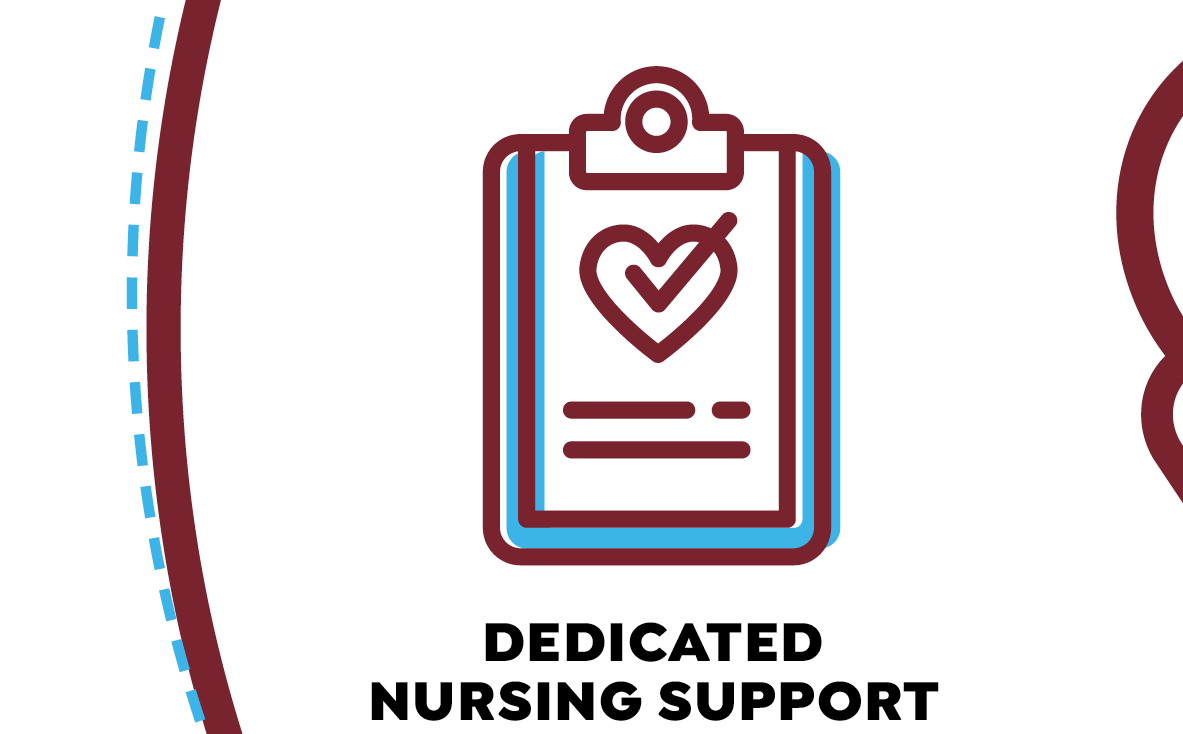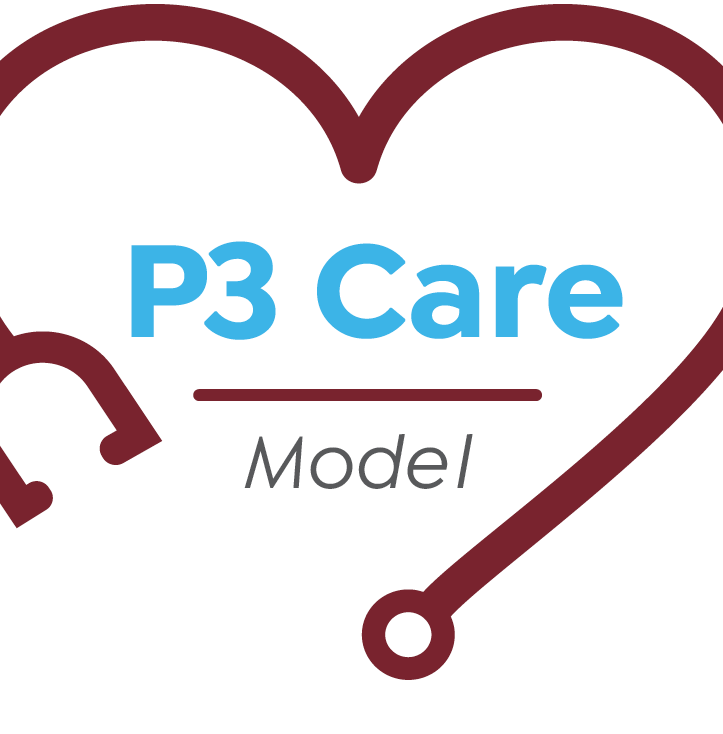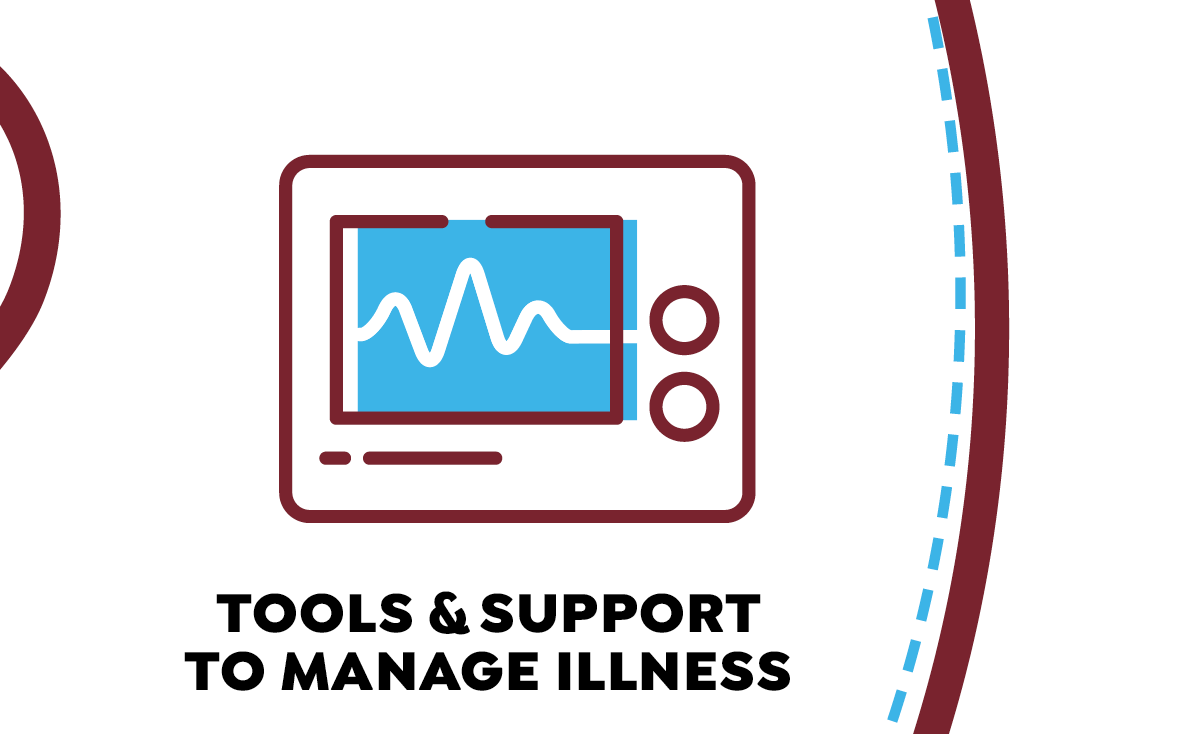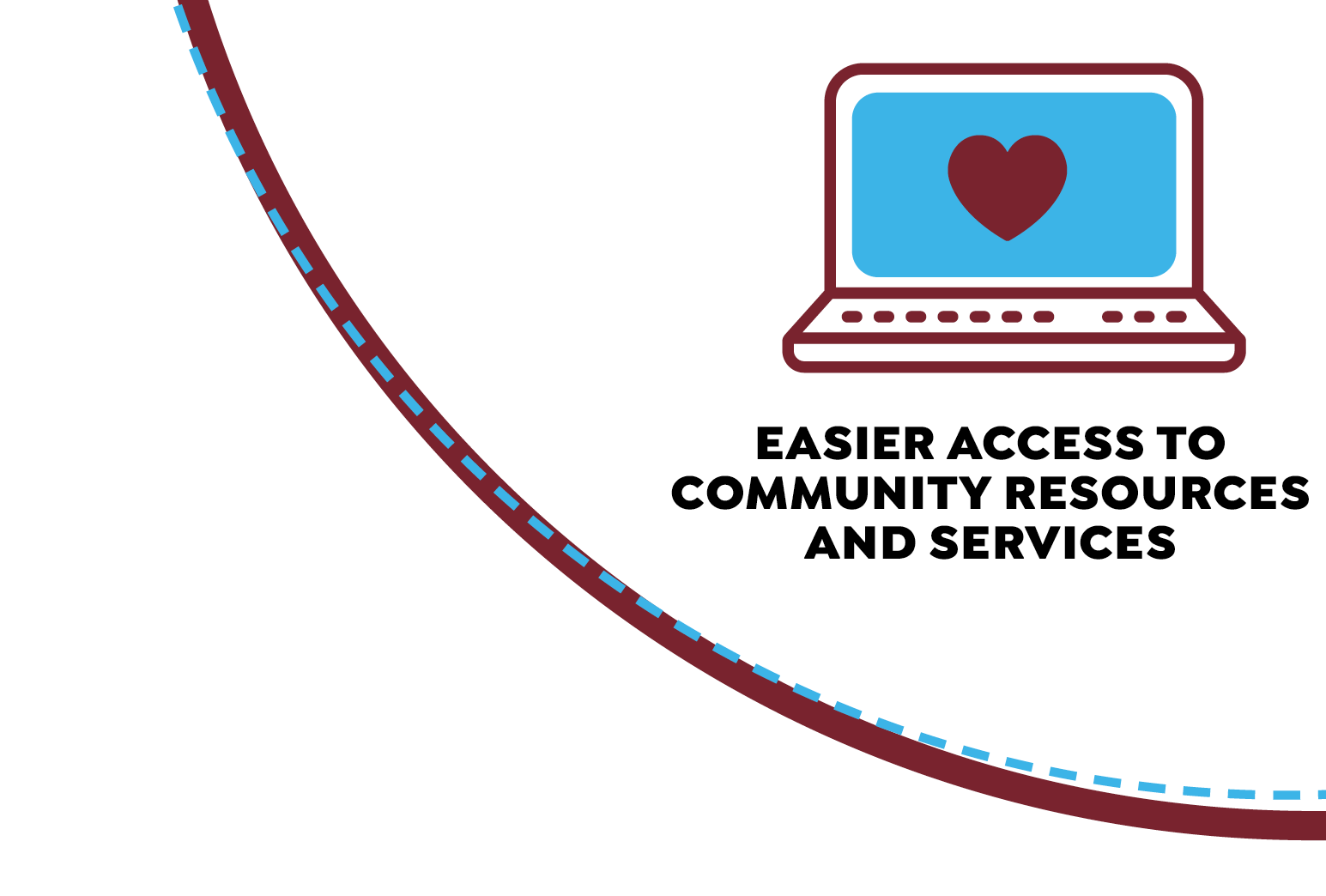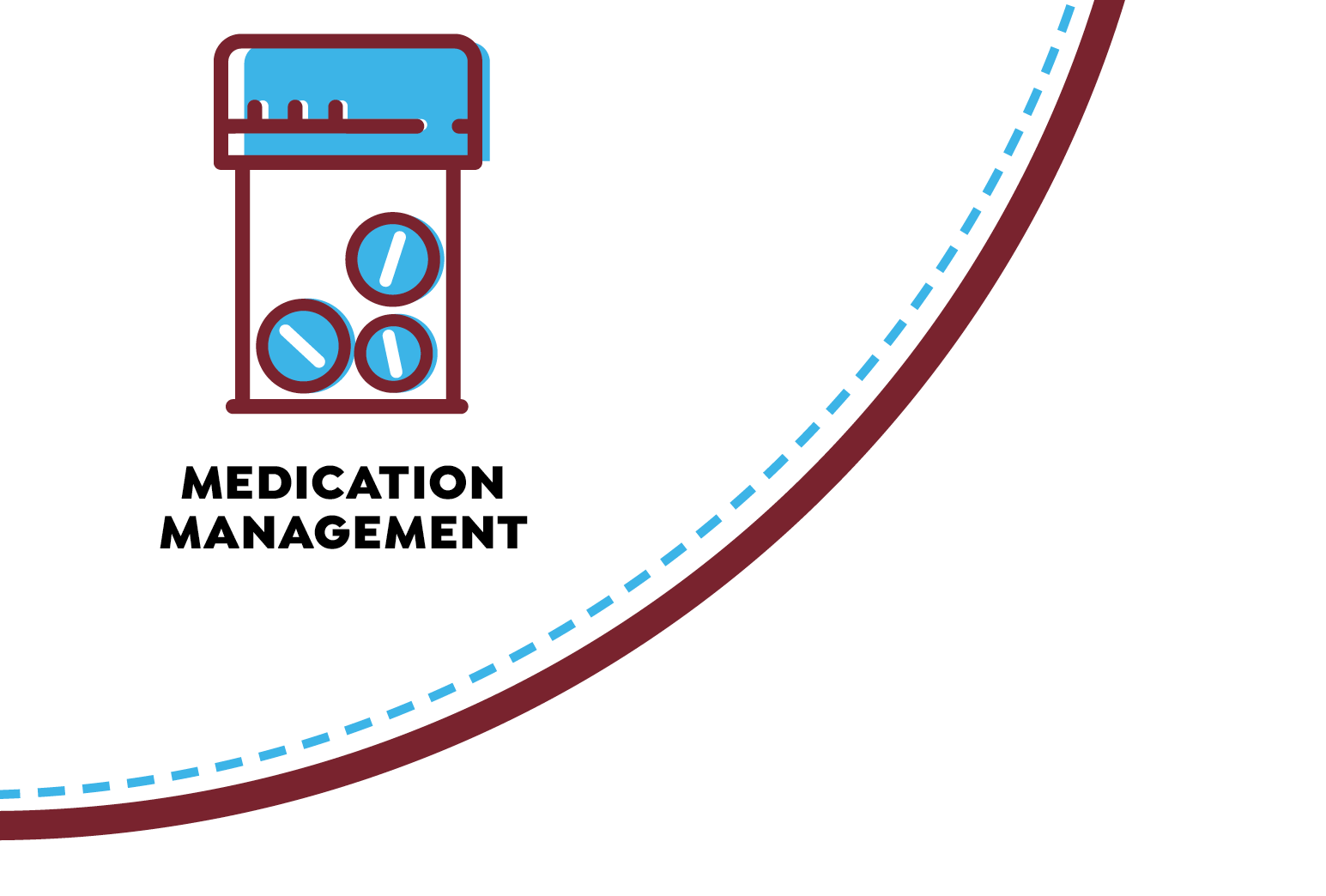The P3 CARE MODEL.
The P3 care model is defined by seven key components, which combine to form our unique approach to patient care. It’s our secret sauce that distinguishes us from other health groups, because it clearly sets our priority where it belongs: on patient wellness.

Education.
Education is key to preventing disease and living a healthy, active life. So we provide you with access to a wide range of educational resources you can use to learn about your diagnosis and move through life with vitality and energy.
We provide:
- a vast library of information on lifestyle and wellness
- informational blog posts and healthy living tips
- and downloadable summaries on common chronic conditions
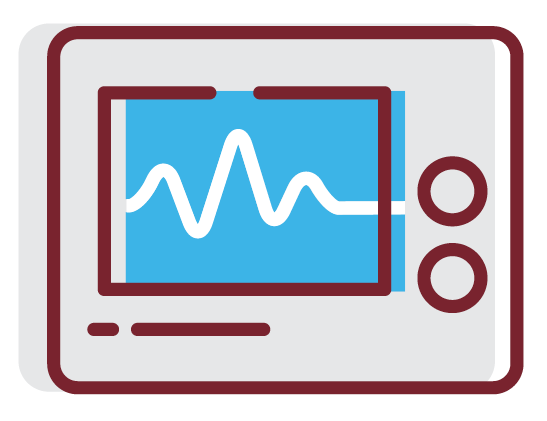
Tools and support to manage illness.
Managing an illness can feel overwhelming, but we can make it seamless.
- P3 Senior Wellness Centers are located in convenient community locations, where you can:
- Spend an hour with a nurse practitioner
- Receive a wellness exam
- Review your health records
- Look at your medication list to make sure your meds are working their best
- Invitations to community outreach events offer one-on-one expert advice from your care group representatives

Prevention and wellness support.
Small steps can make a big difference in your overall wellness. That’s why our P3 Care Team makes prevention a top priority, encouraging healthy habits and watching lab results for indicators to keep an eye on.
We will reach out to:
- Make sure you remember to stay active and take your medications on time
- Schedule your annual wellness exam and follow-up visits
- Coordinate with specialists to share information that supports your recovery
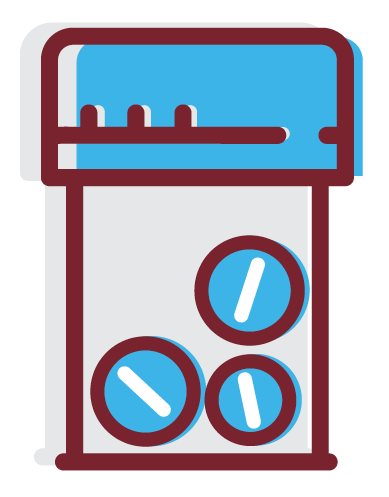
Medication management.
Medicine only works if you take it as directed. Skipping doses or forgetting to pick up refills can prolong your illness and cause setbacks to your recovery. The P3 Care Team works directly with your doctor to track and manage your medication schedule, so you get the medications you need on time.
We can help you:
- Find a pharmacy
- Request your fills
- Find transportation
- Coordinate with a delivery service, if needed

Dedicated nursing support.
Our dedicated Nurse Practitioners, RNs, and medical professionals are ready to help in and outside the office.
Following a doctor’s visit, you may hear from our nursing team to:
- Ensure you are getting regular comprehensive examinations and seeing your primary care providers regularly
- Offer you tools and resources focused on prevention and successful treatment options
- Coordinate information between primary care providers, specialists, and other caregivers
- Manage chronic conditions such as congestive heart failure, chronic kidney disease, and diabetes
- Avoid the need for urgent care or hospitalization
- Successfully transition from hospitalization to home care
- Explore options for hospice or palliative care when necessary

Easy access to community resources and services.
Finding community support to manage your care can be challenging. We’ll help you connect with the resources and services in your area that can help.
We can put you in touch with local organizations, charities, and services that are focused on your specific needs, including:
- local disease support groups
- community charities providing financial help
- meal delivery services
- medication deliveries
- local exercise and social centers for seniors, and more
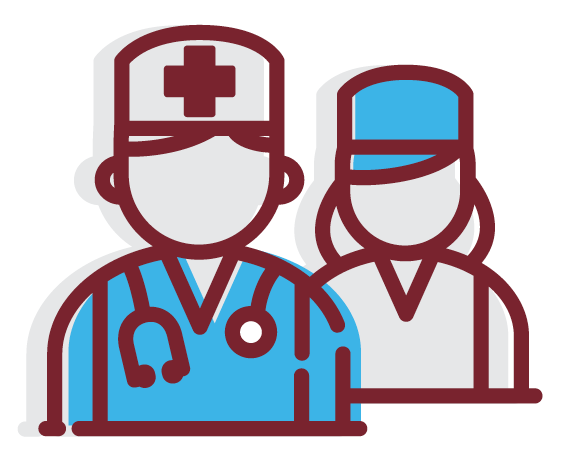
Transition of care teams.
Major transitions: moving from home to hospital, from hospital to rehab center, from home care to hospice, for example, require complex care issues to remove the stress of moving and a smooth continuity of care. Often patients are caught with little notice when a facility requires that a patient be moved. We handle those details for you, ensuring all caretakers have your complete health information, including:
- coordinating all details about your care needs with caregivers in the next facilities
- ensuring a complete transferring of all records, scans, and other medical documents
- helping coordinate necessary home care devices, such as walkers, hospital beds, oxygen deliveries, bathroom safety adaptations,
- setting up transportation
- and more
This might include services such as:
- specialists in chronic conditions
- physical therapists
- mental health professionals
- rehabilitation centers
- hospice services, and more

